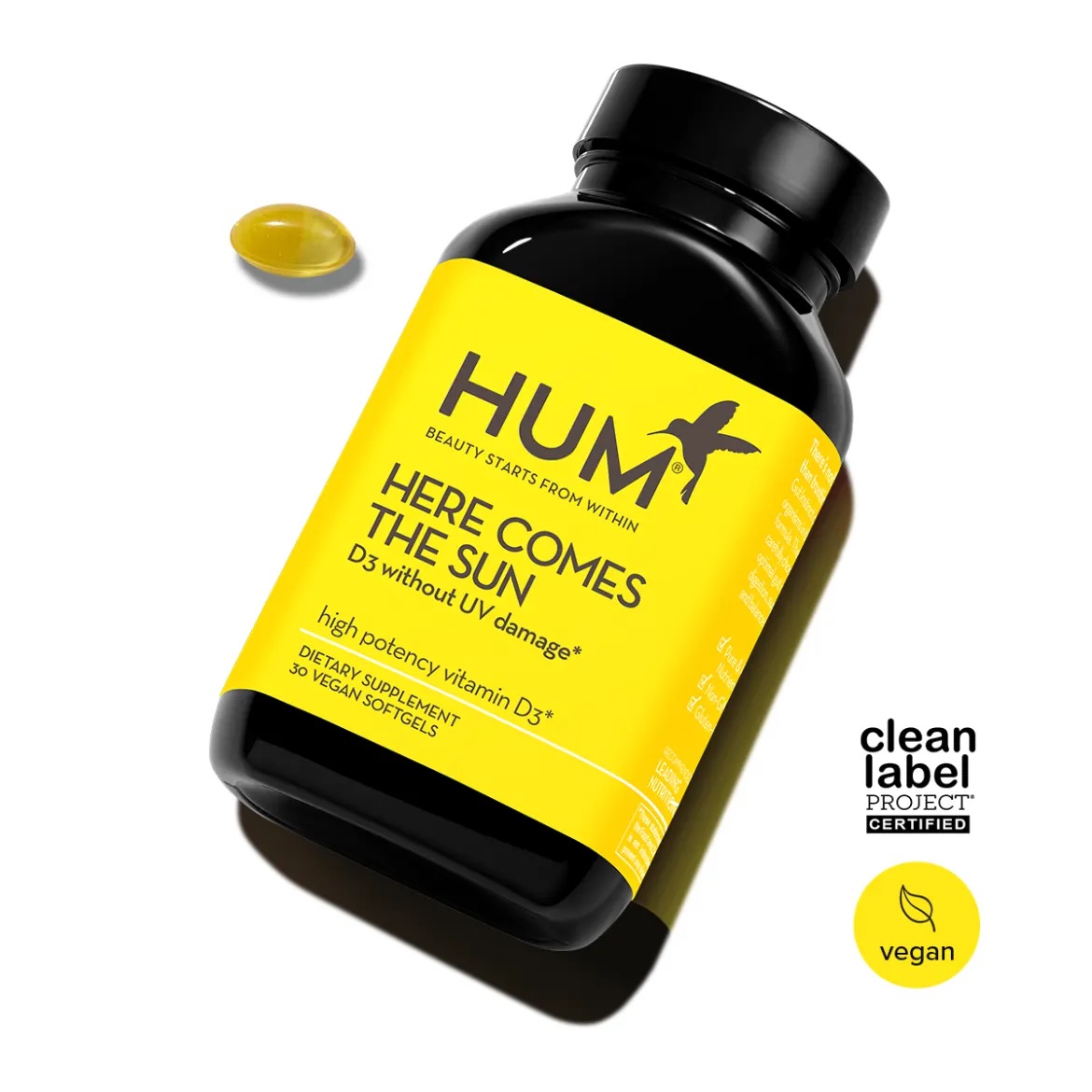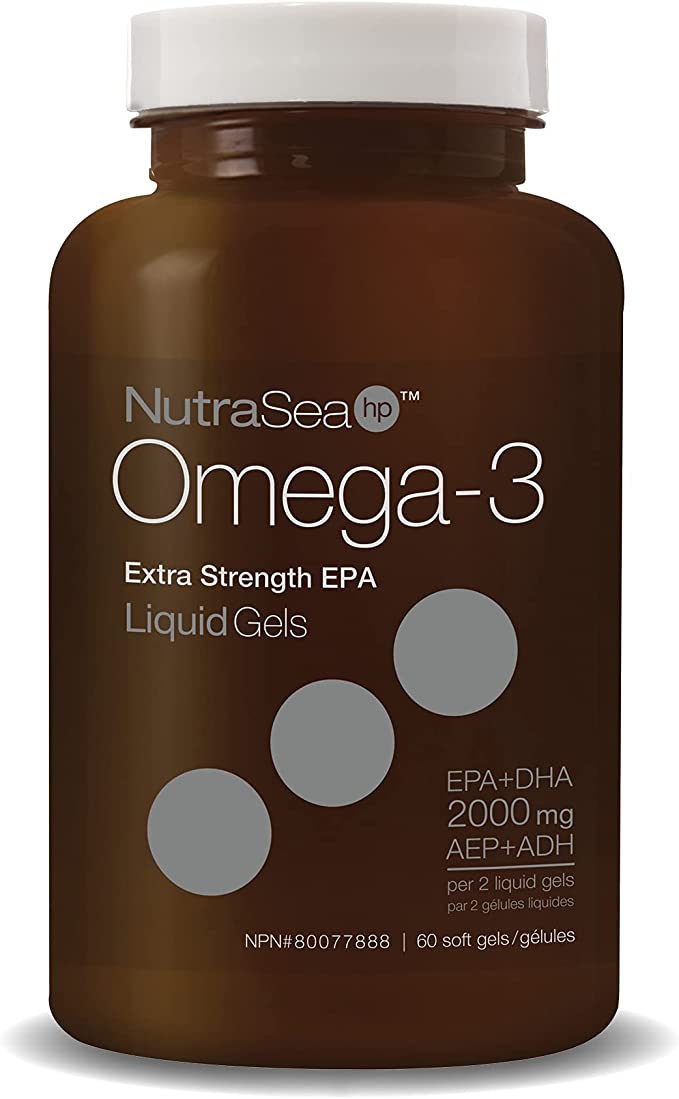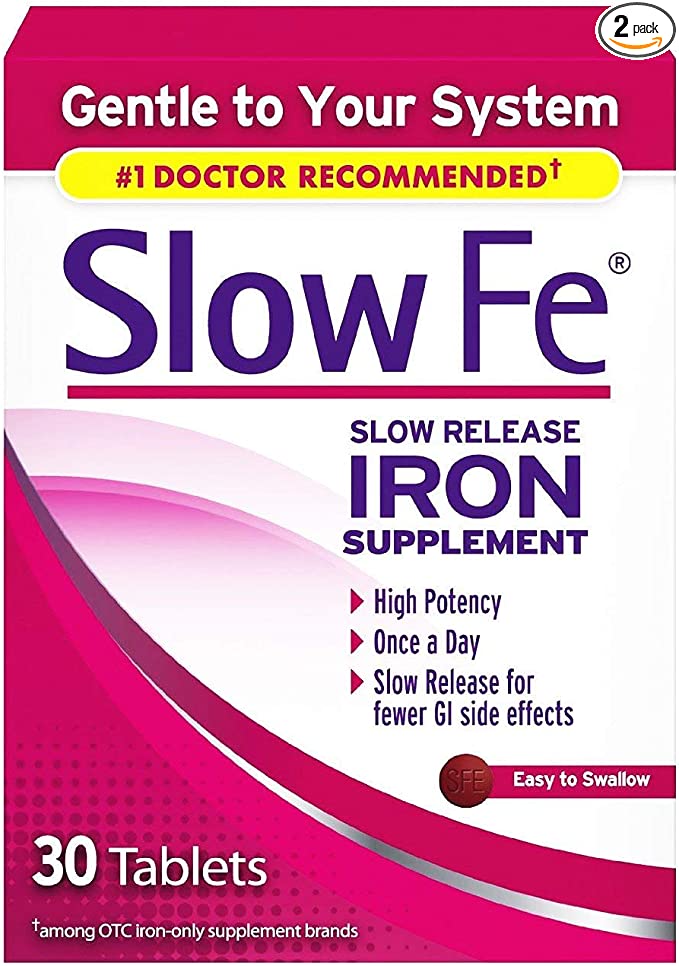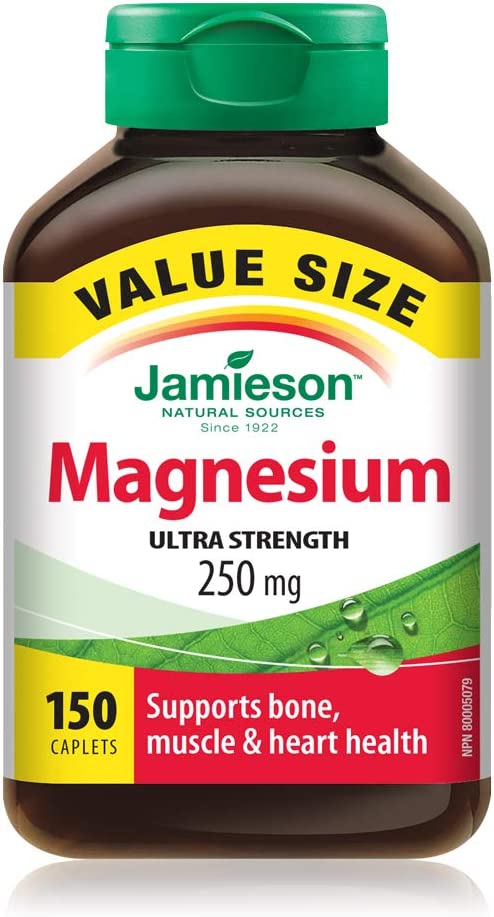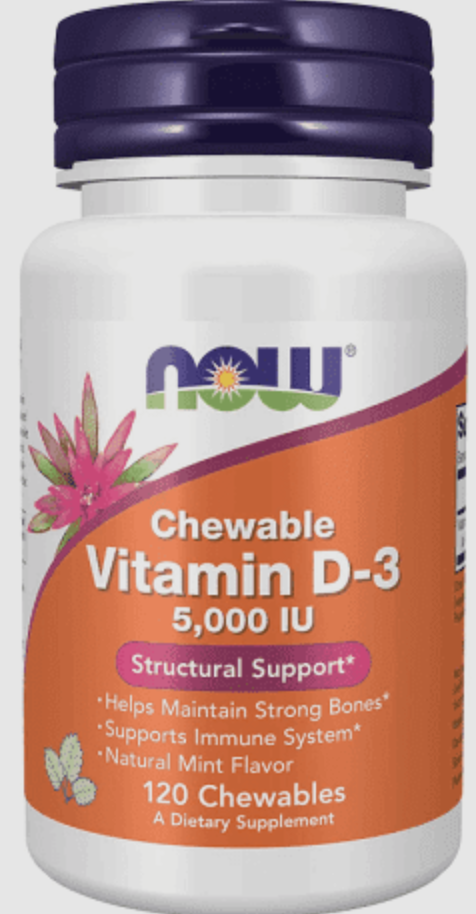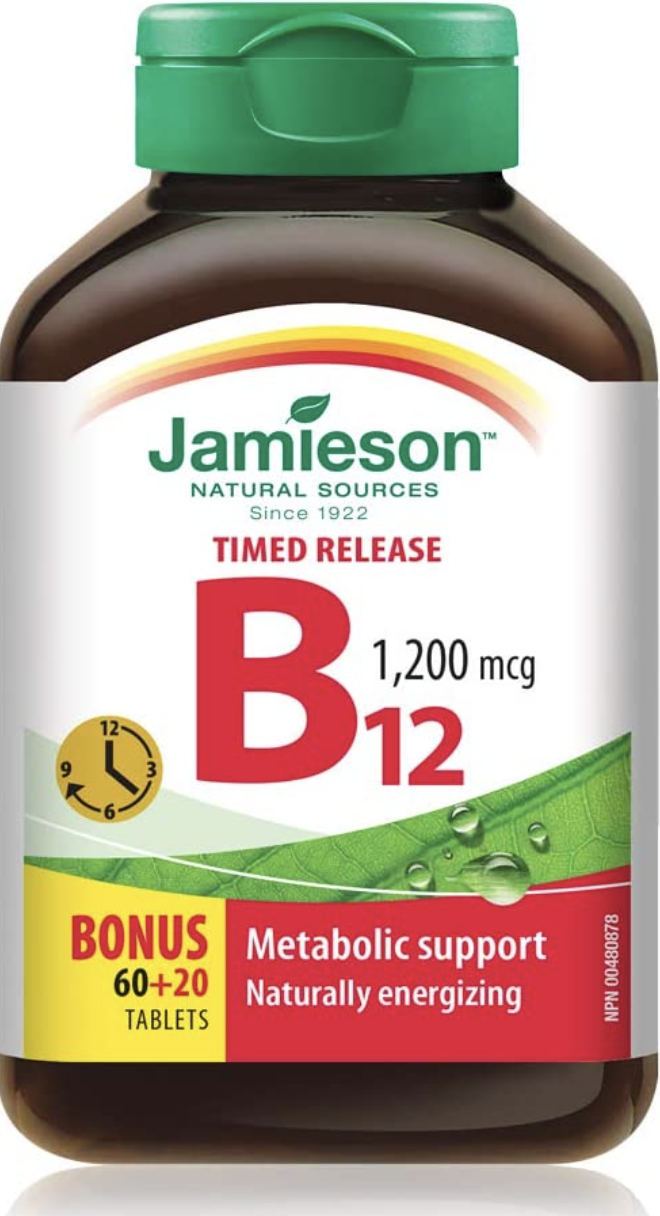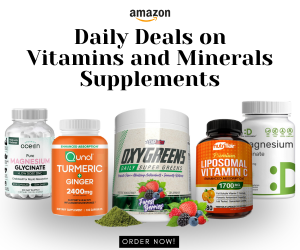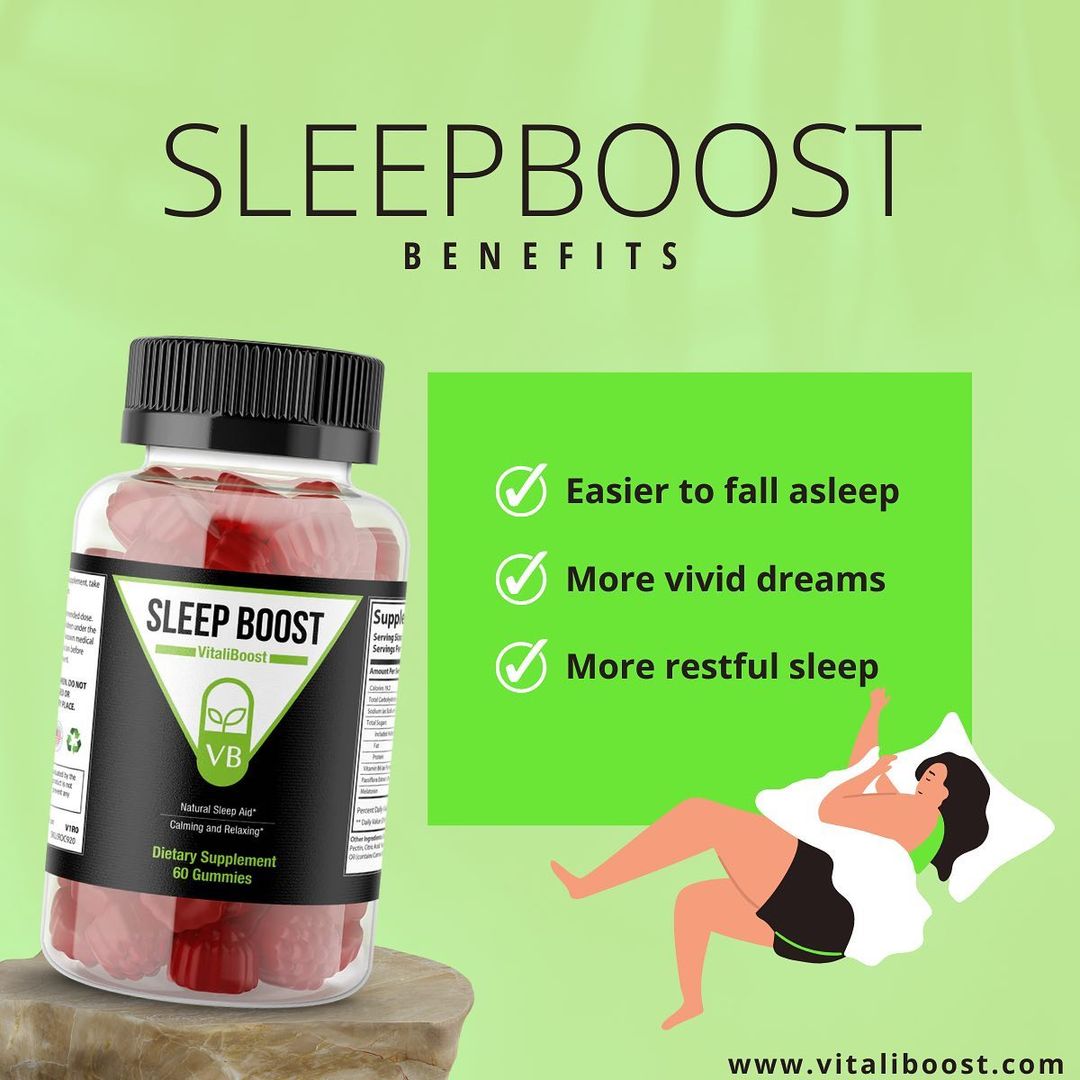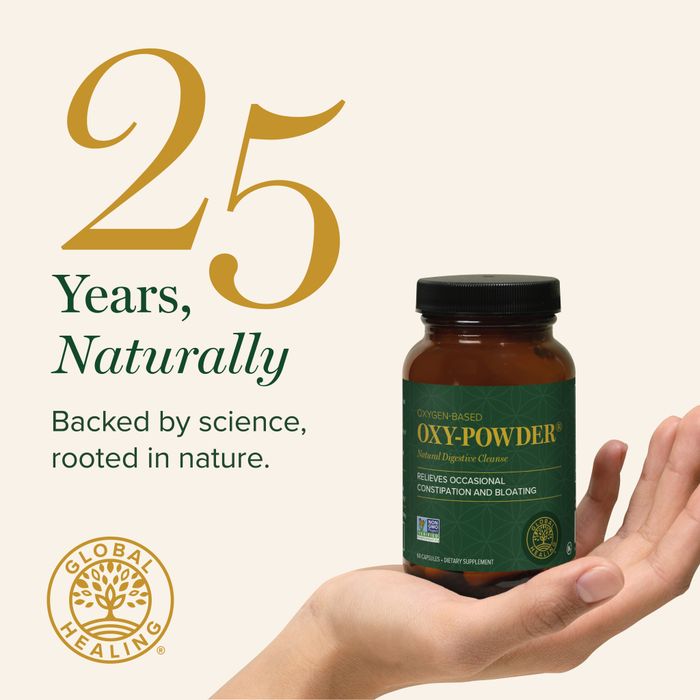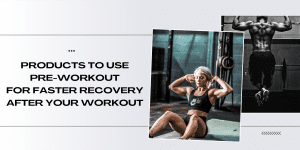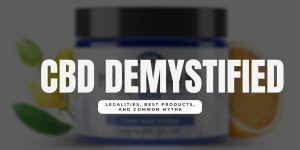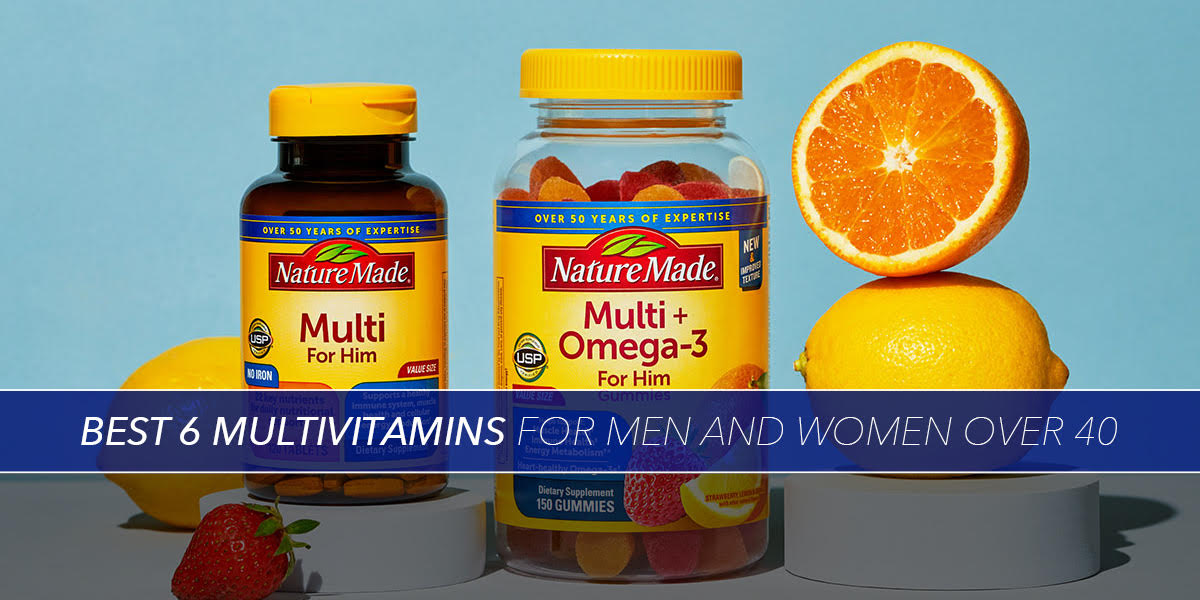
Your nutritional needs will evolve as you age. Once you reach your 40s and 50s, you may want to assess your diet and make sure you’re meeting your nutrition requirements. You should talk to your doctor about adding a supplement if there are any gaps in your nutrition. Here is a list of our best multivitamins for men and women over 40.
Supplements For Men Over 40
Most men in their 40s do not require additional supplements unless they follow a restrictive diet, like vegetarianism or veganism. If you are eating three regular meals a day, plus fiber-rich snacks such as fresh fruits and nuts or seeds, you are on the right track.
Daily Multivitamin
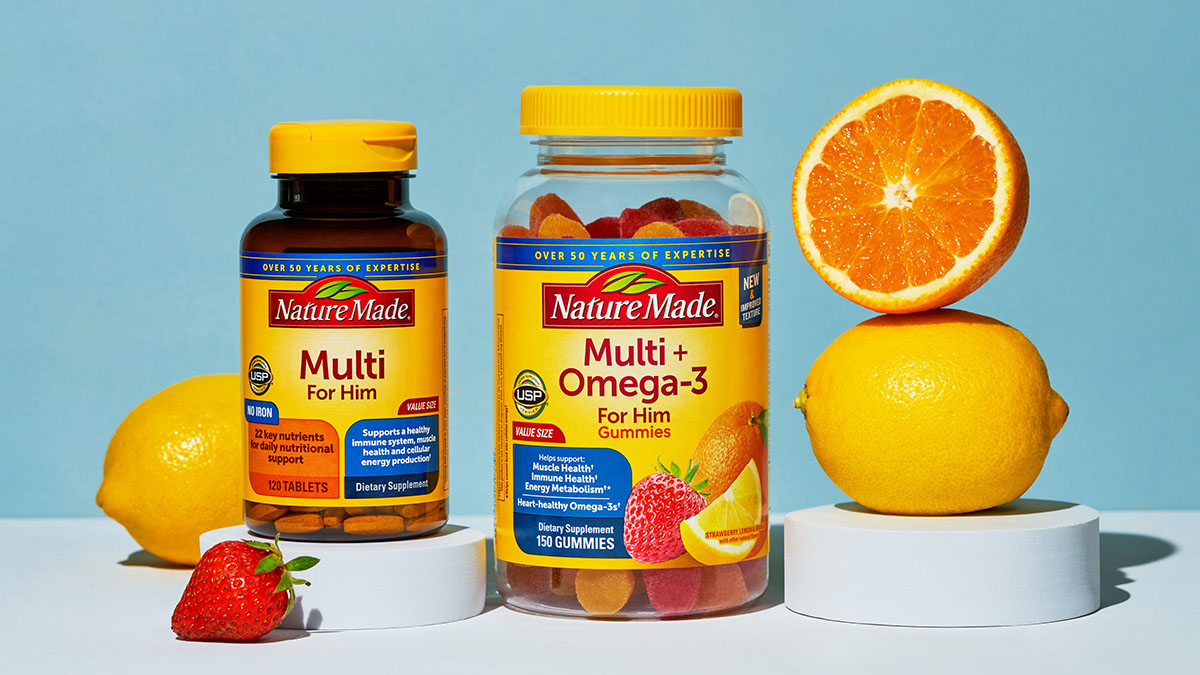
A one-a-day multivitamin can cover your basic vitamin and mineral needs. Choose a blended formula that is small in size and easy to take.
These supplements will not replace the nutrition in food, but they can help you meet your vitamin and mineral requirements. Popular brand names include:
Vitamin D
Men are at a lower risk of developing bone diseases (such as osteoporosis) than women, but they are still vulnerable. A vitamin D supplement in your 40s and 50s can ensure you maintain healthy bones as you age. It also supports mental health and immune function.
Omega 3 Fatty Acids
Healthy unsaturated fats, such as omega-3 fatty acids, can reduce your risk of heart disease and related complications. If you are not consistently eating omega-3-rich fish (salmon, trout, mackerel, herring), you may consider adding a supplement to your daily routine.
Supplements For Women Over 40
Women usually take supplements for iron, magnesium, vitamin D, calcium, and vitamin B12. Even while following a richly varied diet, these nutrients can be difficult to satisfy through food alone for some people.
Iron
Many women have decreased appetites as they enter their 40s and 50s and may not eat as many iron-rich foods. Even though your body and hunger are changing, you still need to make sure you are getting enough iron in your diet. You should get a blood test done before starting an iron supplement.
Magnesium
To maintain strong bones, you should consider taking a magnesium supplement. It can help support immune function and mental health, prevent muscle cramping and also help you relax for sleep.
Vitamin D
If you live in a climate with limited exposure to the sunshine, you should take a vitamin D supplement. It helps with bone integrity, but it also helps with mental health and immune function.
Vitamin B12
The recommendation for this vitamin is the same for men in this age bracket. You likely only need to supplement if you are a vegetarian or vegan. By eating animal protein, eggs, and dairy, you are likely getting enough b12 from food. If you are unsure about your levels, ask your doctor for a blood test.
FAQ
Is a liquid supplement better than a tablet?
A liquid supplement may be absorbed faster and are easier to swallow than a tablet. Ask your pharmacist if a liquid supplement is a better option for you.
Are there any risks of taking a supplement?
Yes, there could be a risk in taking a supplement without medical direction. Certain supplements interfere with medications, and high doses can lead to toxicity. Always consult your doctor before starting a new supplement.
How much should I take?
The recommendation varies per supplement. Always follow the recommended dosage on the bottle.
What is the shelf life for a supplement?
Every product will have a different shelf life with an identifiable expiration date. Always keep your vitamins and minerals in the dark cupboard because they are light-sensitive.
Have any question on the best supplements for men over 40 and women over 40? Check out the rest of our nutrition section for extra reading.


